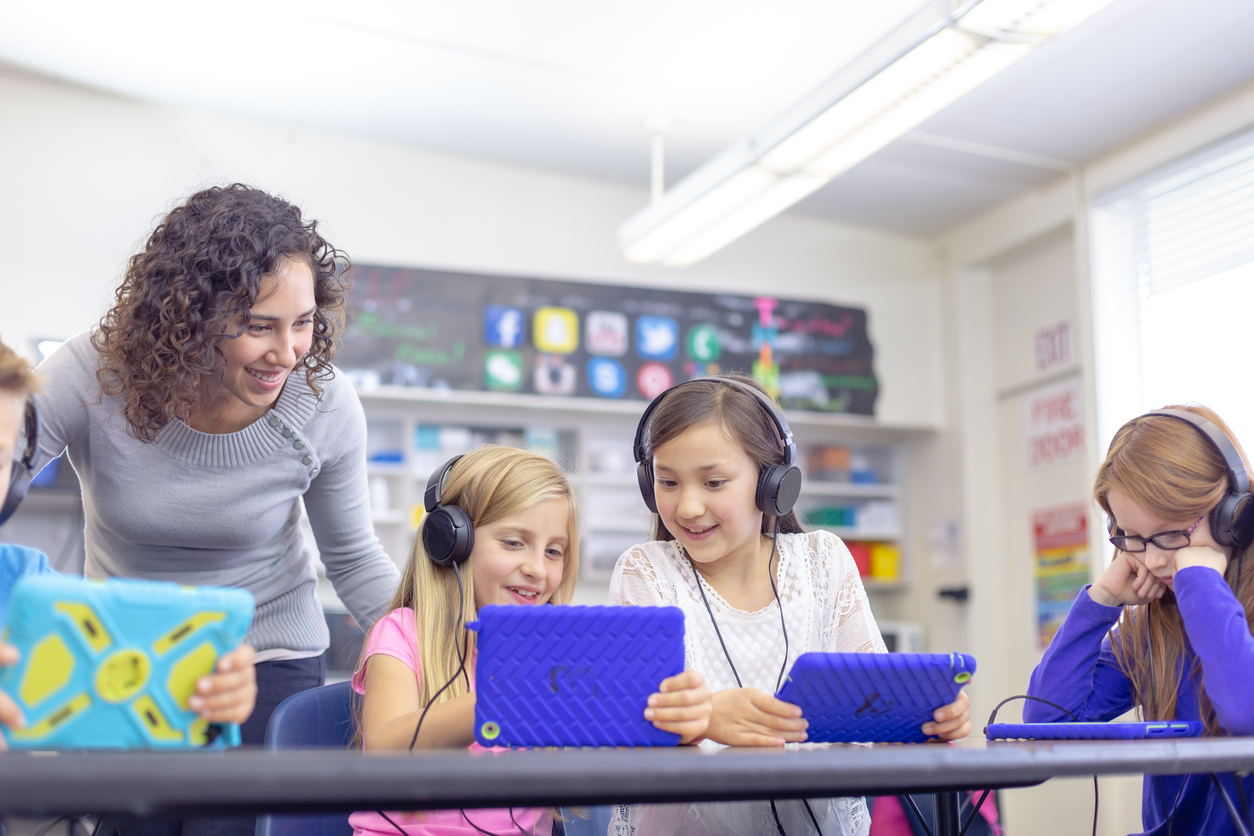Discover the Important Advantages of Understanding Main Scientific Research for Young Students
The value of primary scientific research education and learning for young learners extends far past simple understanding procurement; it serves as a basic column in establishing essential skills such as important thinking, problem-solving, and creative thinking. Involving with scientific ideas with inquiry-based and interactive tasks not just cultivates curiosity however also lays the foundation for durable, confident students.
Enhancing Essential Assuming Skills
Promoting crucial thinking abilities in young learners is vital for their cognitive growth and future scholastic success. Crucial reasoning enables kids to examine information, evaluate evidence, and make notified choices, which are crucial skills in today's information-rich society. By participating in clinical questions, young learners can boost these abilities as they discover principles via observation, testing, and thinking.
In main science education and learning, educators can help with crucial reasoning by motivating students to ask inquiries, create theories, and perform experiments. This hands-on method allows children to practice problem-solving and develop rational reasoning abilities. As an example, when trainees explore the residential or commercial properties of products or the concepts of motion, they discover to assess their searchings for seriously and attract conclusions based upon proof.
Furthermore, conversations and collaborative jobs can advertise crucial thinking by supplying opportunities for students to express their thoughts, difficulty presumptions, and think about varied point of views. By creating a helpful atmosphere that values inquiry and representation, instructors can support critical assuming skills that empower young students to end up being independent thinkers and long-lasting students. Inevitably, boosting these abilities lays a durable structure for their future academic ventures and personal development.
Cultivating Inquisitiveness and Exploration

Primary science education offers a structured setting where young students can discover various sensations through hands-on experiments and monitorings. By permitting them to communicate with materials and take part in inquiry-based learning, teachers create chances for kids to create hypotheses, evaluate their concepts, and attract verdicts. Such experiences nurture a feeling of wonder and excitement about science.

Building Confidence in Problem Addressing
Structure self-confidence in analytical is a crucial element of primary science education and learning that empowers young students to come close to obstacles with resilience and creativity - primary science tuition Singapore. They develop necessary skills in crucial thinking and analysis when youngsters are motivated to engage with clinical concepts with hands-on activities and inquiry-based learning. This procedure not only improves their understanding of clinical principles but additionally fosters a sense of possession over their understanding
To develop confidence, teachers should develop a helpful setting where errors are seen as chances for development instead than failures. This encourages students to take risks and explore different services to issues. By supplying scaffolding and guidance, educators can aid students browse complex tasks, gradually raising their independence in analytic situations.
Furthermore, collaborative knowing experiences, get more such as group jobs or experiments, can even more boost students' confidence as they learn to verbalize their ideas and listen to others' point of views. These communications nurture social abilities and strengthen the concept that analytic is commonly a collective venture. Inevitably, growing confidence in analytical prepares young learners for future academic challenges and outfits them with the devices needed for long-lasting learning.
Urging Creativity and Advancement
In the realm of main scientific research education, urging creative thinking and technology is crucial for growing a dynamic understanding setting. By promoting a society where young learners can explore concepts and experiment easily, educators aid trainees develop critical believing skills and an interest for discovery. Creativity in scientific research encourages youngsters to ask concerns, devise theories, and take part in hands-on tasks that promote their creative imagination.
Integrating flexible projects and inquiry-based discovering into the educational program allows trainees to share their distinct viewpoints and services. When charged with addressing a problem associated to their setting, students can brainstorm several techniques, leading to inventive outcomes that showcase their creativity. This not just deepens their understanding of scientific ideas however additionally infuses a feeling of ownership over their discovering procedure.
In addition, innovative science education and learning supports cooperation amongst peers, as pupils often share ideas look what i found and build on each other's understandings - primary science tuition Singapore. This collective spirit promotes not only advancement yet additionally important social skills. Hence, by prioritizing creative thinking and innovation in key scientific research education and learning, we empower young learners to assume seriously, embrace difficulties, and picture possibilities, laying a solid foundation for long-lasting discovering and expedition
Getting Ready For Future Discovering Difficulties
Young students' capacity to navigate future understanding difficulties hinges on a solid structure in primary scientific research education and learning. This foundational understanding equips trainees with crucial believing skills and an organized technique to analytical, important for tackling complex concerns in an ever-evolving world. Primary scientific research fosters inquiry-based understanding, motivating students to ask inquiries, explore theories, and engage in hands-on experiments.
As they create these skills, students become experienced at examining data, acknowledging patterns, and attracting notified verdicts. Such competencies are essential not only in clinical areas however also in math, modern technology, and engineering (STEM), where interdisciplinary understanding is significantly essential.
Additionally, key science education grows a feeling of inquisitiveness and resilience in young learners, allowing them to watch challenges as opportunities for growth. As they come across and get over obstacles in their scientific explorations, they develop self-confidence in their capacity to introduce and adjust.
Ultimately, a strong foundation in primary science not only prepares young learners for academic quests however likewise equips them with the tools required for long-lasting discovering and flexibility in a quickly transforming worldwide landscape. By purchasing main scientific research education and learning, we are investing in the future capacity of our learners.
Conclusion
Recognizing main science is vital for young learners, as it cultivates vital reasoning, interest, and creative thinking. Eventually, the advantages of primary scientific research education prepare kids for future scholastic quests and infuse lifelong discovering habits necessary for thriving in an ever-evolving world.
The relevance of primary scientific research education for young learners prolongs much beyond simple expertise acquisition; it serves as an essential column in developing vital abilities such as critical thinking, analytical, and creative thinking. By creating a supportive atmosphere that values questions and representation, try this out educators can nurture vital assuming abilities that encourage young students to become independent thinkers and lifelong learners. Therefore, by focusing on creative thinking and technology in key science education, we empower young learners to think critically, embrace difficulties, and imagine possibilities, laying a solid foundation for long-lasting understanding and expedition.
Young students' ability to navigate future discovering difficulties hinges on a solid foundation in primary scientific research education and learning.Recognizing key scientific research is vital for young students, as it promotes vital thinking, curiosity, and creativity.